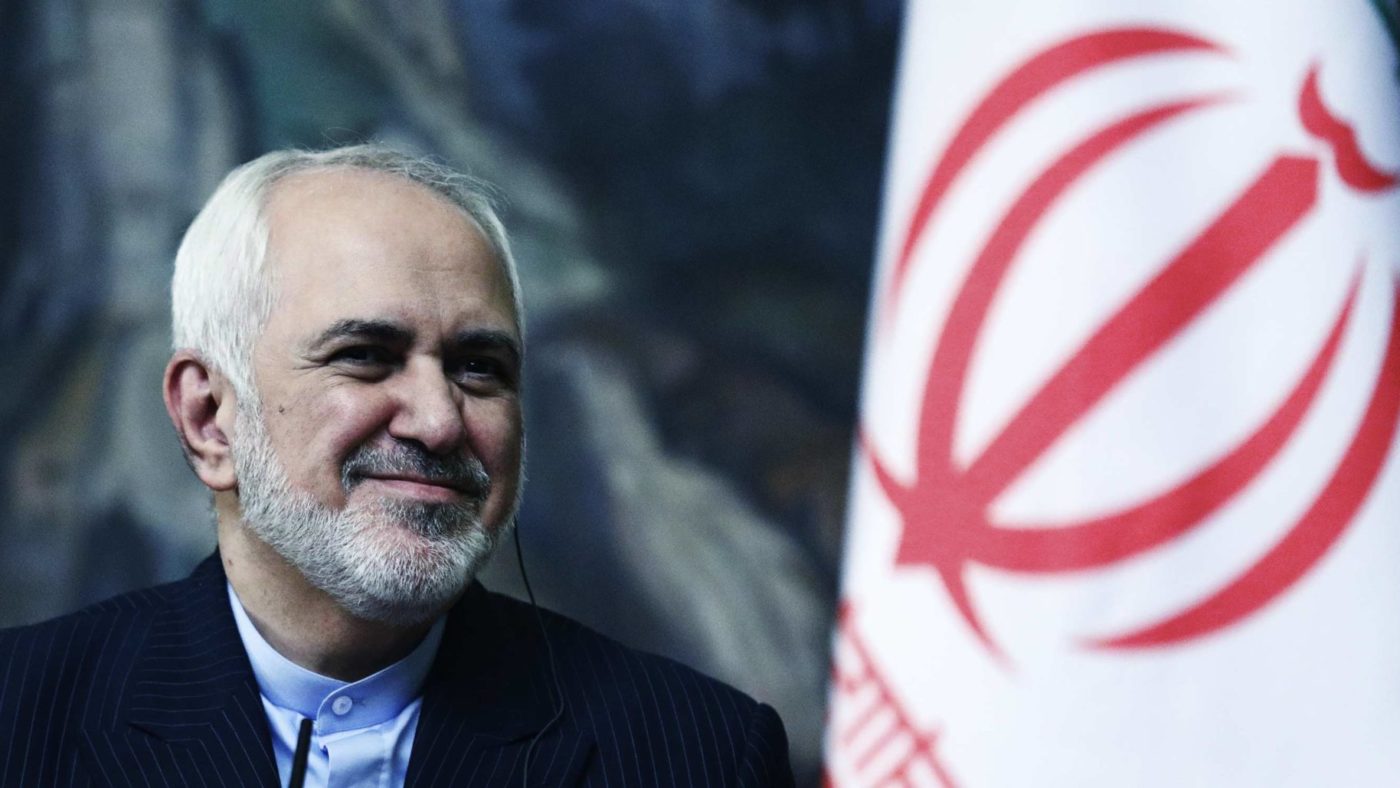Last week a Belgian federal court gave its verdict on the prosecution of a high-ranking Iranian diplomat, Assadollah Assadi for terrorism. Assadi was sentenced to 20 years in prison. The question now is what an appropriate response is for Western governments on both sides of the Atlantic?
Assadi, the former third counsellor at the Iranian embassy in Vienna, stood trial alongside three accomplices in connection with their plan to set off explosives at a 2018 gathering of Iranian expatriates and diplomatic supporters, organised by the National Council of Resistance of Iran (NCRI). Two of those accomplices were arrested by Belgian authorities while attempting to carry several hundred grams of the high-explosive TATP to the intended target venue. The third was detained after having already gained entrance to that venue just outside of Paris. Assadi himself was arrested in Germany before he was able to return to his Austrian post and the protection of diplomatic immunity.
The evidence against Assadi stacked up. Prosecutors explained that he had handed off the bomb to his agents at a meeting in Luxembourg after having personally smuggled it from Tehran to Europe on a commercial flight. After his arrest, Assadi attempted the use of threats to evade prosecution, telling interrogators that Iranian-backed militant groups would be watching his case in the expectation that European authorities would “support them” by releasing their ally in the broader Iranian terrorist network.
The revelations from the case demonstrate just how extensive that network is. Assadi himself delivered cash payments to agents in at least 11 European countries. Receipts for those payments were recovered from his vehicle at the time of his arrest. And since then, the picture has gradually emerged of his long-standing dual roles as a diplomat and a handler of regime’s terrorist sleeper cells. His Belgian-Iranian co-defendants had been residing in Western Europe for many years without major incident, before being activated for a mission that could have easily killed hundreds, if not thousands, of people of civilians, parliamentarians and politicians from Europe, Britain, and the United States.
Attendance at the 2018 Free Iran rally was estimated at around 100,000, and the main target was the Resistance leader Maryam Rajavi, who has been elected by the pro-democracy opposition coalition, the NCRI, to serve as the president of a transitional government following the overthrow of Iran’s current theocratic dictatorship.
The June 2018 terror plot was not the first to target Mrs Rajavi and it will probably not be the last. Assadi’s conviction will not be enough to discourage or disrupt future plots orchestrated by the Iranian regime, especially if the underlying continent-wide terrorist network remains in place.
Assadi’s conviction provides Western officials an opportunity for a much-needed change in their own government’s policies regarding the Islamic Republic. For a very long time, those policies have tended toward conciliatory gestures aimed at promoting an illusory “moderate” faction within the Iranian theocratic establishment. That tendency was only strengthened in 2015 by the conclusion of a nuclear agreement whose preservation has been a more-or-less solitary obsession for many European authorities and diplomats.
The Paris terror plot, coming barely two and a half years after the implementation of the Joint Comprehensive Plan of Action (JCPOA), is a clear reminder of how misguided that Western conciliation is. It has only emboldened the regime in Iran to undertake measures that directly threaten not just Western interests but also the lives of European citizens.
The verdict on the Assadi trial represents the first major challenge to Iran’s assumption of impunity, since he is the first of the regime’s terrorist-diplomats to actually face charges over his activities. But the trial, even a conviction, is not enough.
As over 20 former senior European officials pointed out last week, Iranian foreign minister Javad Zarif must be held accountable for his diplomat’s proven role in plotting to blow up a peaceful rally at the heart of Europe. They have demanded that both the EU and the UK designate Iran’s Ministry of Intelligence and the IRGC in their entirety as terrorist entities and their agents and mercenaries in European countries must be put on trial, punished, and expelled.
Following the guilty verdict in the Assadi case, the responsibility for further action falls to policymakers throughout the West. They can begin fulfilling that responsibility by downgrading relations between their governments and that of the Islamic Republic, then make it clear that there will be further consequences if Tehran refuses to dismantle its European terrorist network and provide convincing evidence that it has neither the means nor the inclination to pursue another terror plot in Europe.
The international community should seriously consider the outright closure of Iranian embassies and the complete severance of diplomatic ties if the regime refuses to comply. The resolve of our political leaders in dealing with the threat of Iranian terrorism in our streets is now tested. The world is watching.


